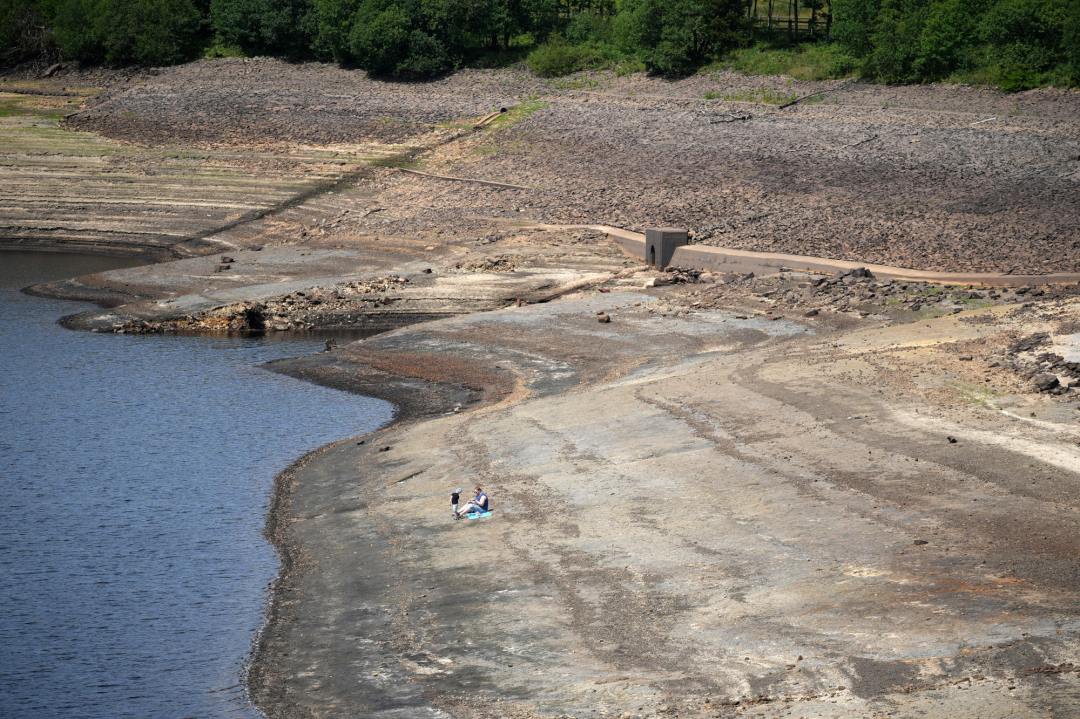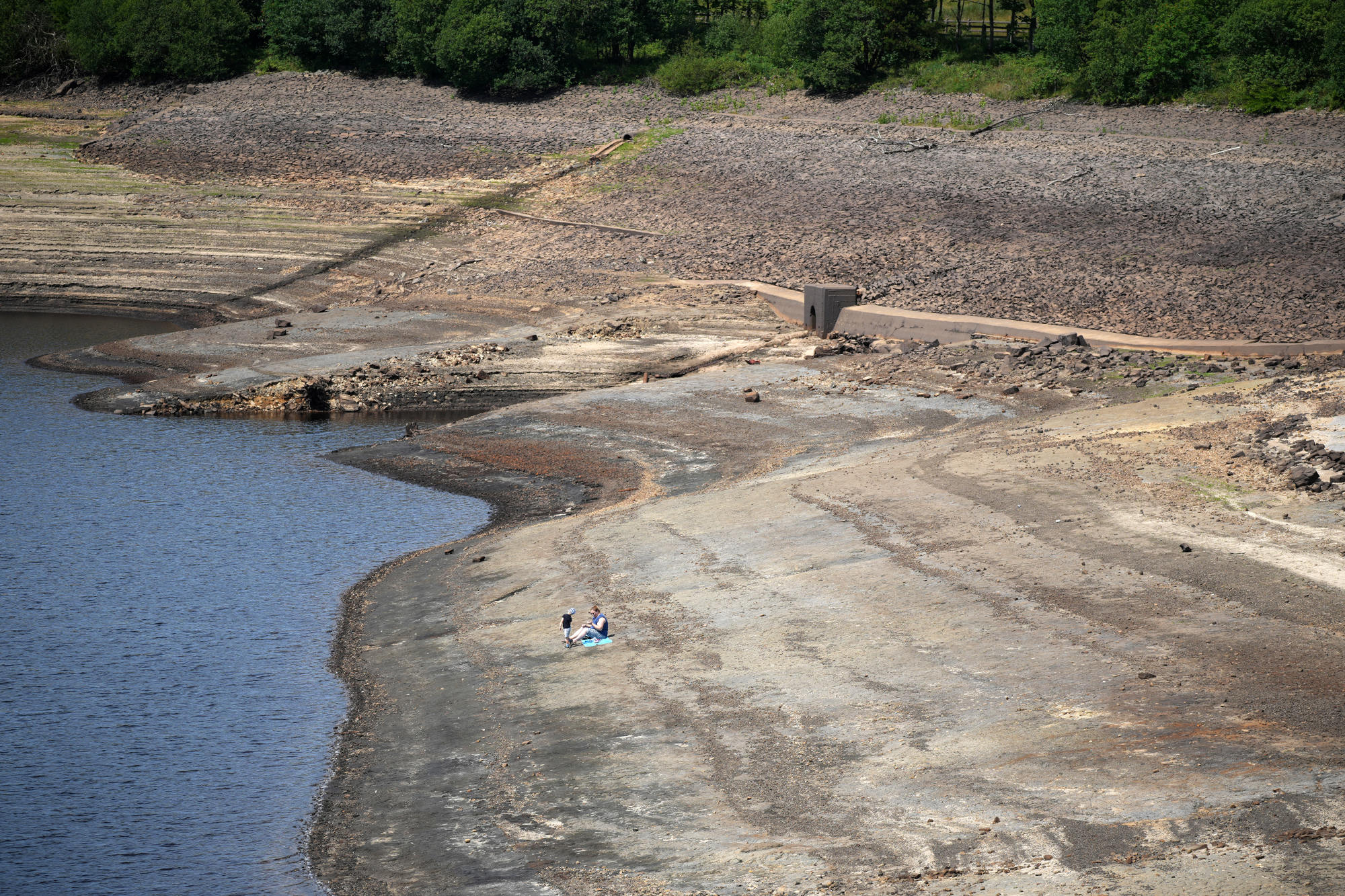The UK’s steady decline continued today with reports that water companies are looking to introduce ‘surge pricing’ in order to ration demand. Trials are being introduced by 15 water companies across the country this summer, with customers either paying more for water as they use more, or charged more at certain times of year. Higher prices, the water companies say, will ‘reduce discretionary water usage’. What this actually means is making every shower or load of laundry more expensive in the summer months.
In a wet, temperate climate like ours there is absolutely no reason we should have to ration water
This shouldn’t be necessary, of course. It rains a lot in Britain, particularly in Wales and Scotland, and especially in the winter. Reservoirs exist, which collect and store this water, so that we can use it during the drier summer months. But Britain’s last new reservoir, Carsington, in Derbyshire, was built in 1992, and despite the significant increase in our population since then, we even decommissioned and emptied Clydach Reservoir in 2024.
The situation has become so bad that the Environment Secretary has warned that if nothing is done we could run out of clean drinking water within a decade. This is, frankly, embarrassing. We’re supposed to be a developed country and we have abundant rainfall, and yet our state is so dysfunctional that we soon might not have enough drinking water.
While the government has approved the building of two new reservoirs, expected to be complete by 2036 and 2040, and plans to build another seven by 2050, this is not fast enough. And so water companies are considering rationing supply through surge pricing, much to the delight of some environmental campaigners.
This morning, LBC interviewed someone described as an ‘award winning climate activist, environmental scientist and ethical influencer’. They argued that people might actually prefer dynamic pricing, and that it would ensure that those with ‘hot tubs, swimming pools and massive gardens they water excessively’ could be charged more. This attitude is at the heart of so much of the ‘environmental’ movement. They want us all to be poor and miserable. They believe they are a better judge of how much water your garden needs than you are. They worship misery, and they want all our lives to be worse. And worst of all, they want to convince us we’re happy about it.
We don’t have to live like this.
I sit on a regional advisory board of the Canal & River Trust, the charity responsible for maintaining and operating most of our canals. They already use this centuries-old network to supply water across the country. I live on the Gloucester to Sharpness canal, which supplies Bristol with 245 million litres of water every day. Canals across the country could be used like this, in order to transport water from where it’s abundant to where it’s needed.
The Trust is now in the early stages of a plan to supply water to the South East of England, using the canal network to deliver water from the Midlands. We should go further. An expansive network of canal transfer systems could transport surplus water from the wet north and west of Britain to those areas which experience droughts. This transport network would also be attractive, provide pleasant places for leisure and create employment for engineering and maintenance workers.
If we quickly build the reservoirs we need, then hosepipe bans and ‘dynamic’ pricing would never trouble us again.
This is the kind of bold, ambitious programme that was once normal for Britain. We built the canal network, the rail network and the sewage systems. In a wet, temperate climate like ours there is absolutely no reason we should have to ration water. The government has already identified the reservoirs we need, but its target of building them by 2050 is desperately unambitious. Instead of accepting rationing and poverty, we should choose a future of abundance, in which water is too cheap to meter.








Comments